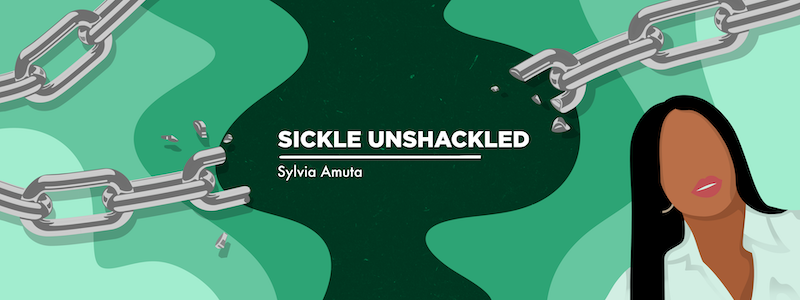Why keeping a diary of your symptoms can be beneficial
Recording how you're feeling can help you and caregivers make better decisions
Written by |

Pain episodes brought on by sickle cell disease may come on suddenly and vary greatly from patient to patient. The ability of children and adolescents to chronicle and communicate their painful experiences may be facilitated by the use of diaries.
I cannot stress enough how important it is for patients to keep a symptom log. Even information you might not think is important could wind up being extremely significant for your treatment. That’s especially true for adolescents and teenagers, who often have trouble finding the words to adequately communicate what’s on their minds.
I’ve come to realize that there are occasions when my young cousin Ada, whom I care for and who has sickle cell disease, may be experiencing some discomfort that I’m not aware of. That’s particularly true now that I’m busier with work. I once questioned her about why she’d kept it to herself, as I thought I’d made myself approachable enough so she could express herself freely.
She told me she didn’t want to disturb me, which I can relate to. I, too, really despise being a burden on anyone, even my own family members. Consequently, I needed to come up with a solution that would allow her to freely discuss any symptoms she was experiencing without making her feel that she was being a bother to anyone.
As a result, I purchased a sparkly pink notebook for her. She was giddy with delight when she saw it. I instructed her to log in the notebook whenever she experienced discomfort or pain. This log makes it easier for me to keep an eye on her symptoms, particularly when I’m not around.
I also have the ability to keep track of any potential stressors or triggers that might lead to a crisis, so that I can take preventive actions against them.
Because of the journal, I’m aware that she’s begun to experience fewer crises and negative health reports than before she came to live with me. This information, which was gleaned from the diary entries, made me glad because it confirmed that taking on the responsibility of caring for Ada was the correct choice and that my efforts are benefiting her health.
Note: Sickle Cell Disease News is strictly a news and information website about the disease. It does not provide medical advice, diagnosis, or treatment. This content is not intended to be a substitute for professional medical advice, diagnosis, or treatment. Always seek the advice of your physician or other qualified health provider with any questions you may have regarding a medical condition. Never disregard professional medical advice or delay in seeking it because of something you have read on this website. The opinions expressed in this column are not those of Sickle Cell Disease News or its parent company, Bionews, and are intended to spark discussion about issues pertaining to sickle cell disease.







Leave a comment
Fill in the required fields to post. Your email address will not be published.